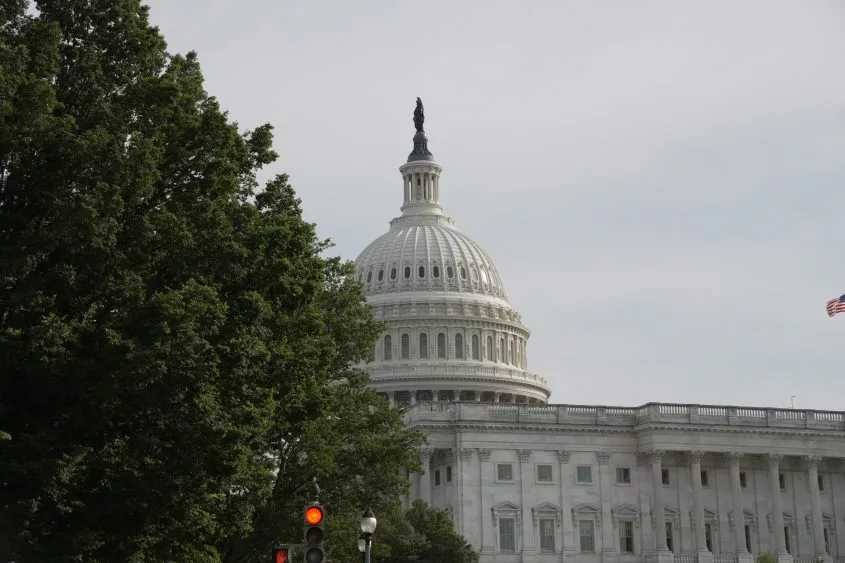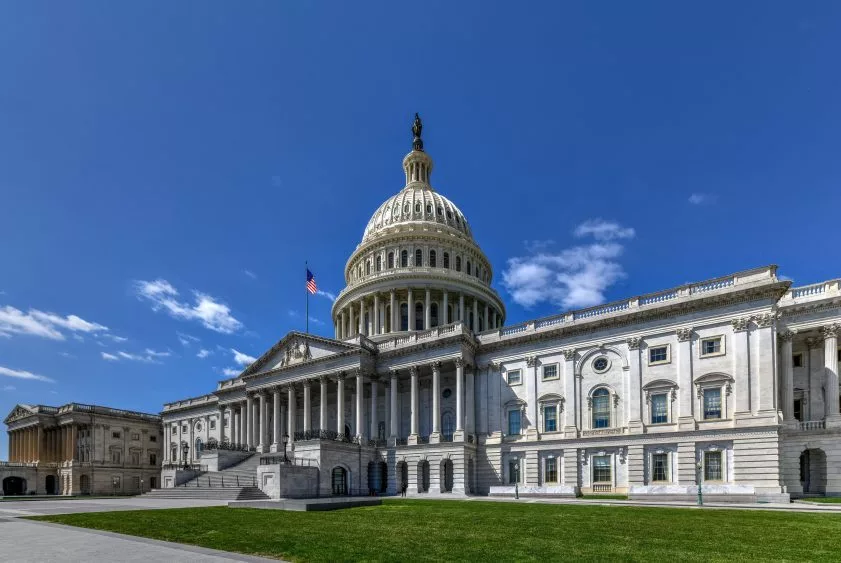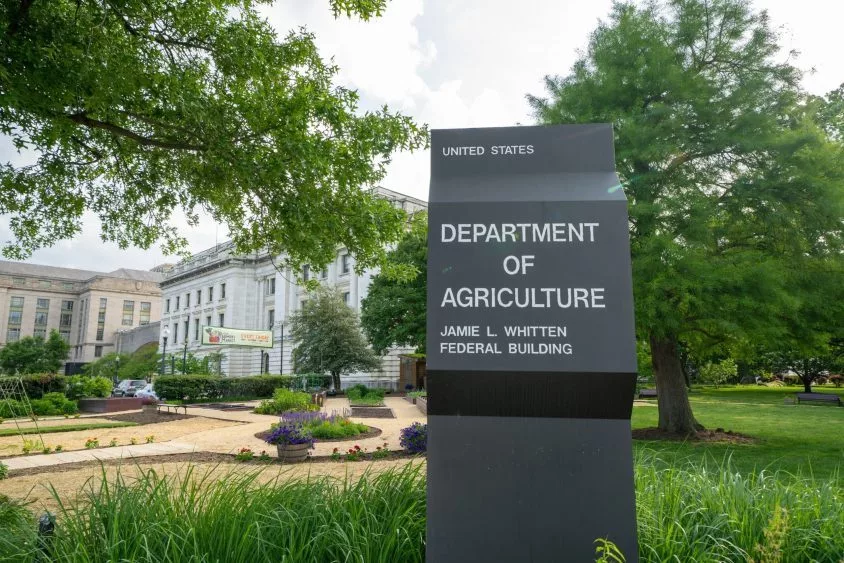Story courtesy of Renewable Fuels Association
The nation’s leading experts in agricultural economics and biofuels lifecycle analysis urged the D.C. Circuit Court last week to reject erroneous claims made by the Center for Biological Diversity (CBD) in its lawsuit challenging EPA’s 2023-2025 Renewable Fuel Standard volumes.
In its challenge to EPA’s so-called “RFS set rule,” CBD relied on debunked studies by University of Wisconsin researcher Tyler Lark, and others, to wrongly suggest the RFS has caused habitat loss and conversion of grasslands into cropland. In their detailed amicus brief submitted last week, eight scientists informed the court that the Lark studies and CBD’s claims are “divorced from scientific evidence and reality” and “based on outdated, flawed, and disproven research.” They pointed out that “there is simply no valid scientific evidence behind claims that RFS-driven demand for ethanol production leads to the conversion of grasslands not previously farmed.”
The independent brief was submitted by experts from the University of California Davis, University of Idaho, University of Illinois at Urbana-Champaign, University of Illinois at Chicago, Oak Ridge National Laboratory/University of Tennessee, South Dakota State University, WSP USA and CropGrower LLC. Over the past 20 years, these scientists have conducted extensive peer-reviewed research on land use and biofuels lifecycle greenhouse gas analysis, much of which has informed regulatory decision-making by EPA on the RFS program.
“Neither biofuel production nor the RFS has been scientifically linked to the conversion of ‘natural’ lands, such as native prairies, forests, and wetlands, to crop production,” the researchers told the court. “Experts in the field of biomass and agricultural economics have demonstrated that much of the outlier research was based on flawed assumptions and methods related to land use.”
In reality, biofuels like ethanol have significant GHG benefits, according to the experts’ brief. “Updated analyses have repeatedly confirmed that low-carbon biofuels reduce GHG emissions in the transportation sector,” they wrote. “The GHG intensity for biofuels decreased by about 50 percent and is currently estimated to be more than 40 percent lower than gasoline produced from crude oil.”
They also noted ethanol producers are on a pathway to net zero lifecycle emissions, specifically highlighting the pledge made by RFA members in 2021. “Members of the Renewable Fuels Association have announced a commitment to further reduce the carbon intensity of corn ethanol, aiming to achieve a 70-percent reduction compared to petroleum gasoline by 2030 and net neutral status by 2050,” according to the brief.
The amicus brief cites a robust body of recent research that thoroughly debunks Lark’s previous work, including a new study showing that more than 98 percent of the land claimed by Lark to be “converted” from “native lands” to cropland had actually been previously engaged in crop production.
RFA President and CEO Geoff Cooper offered the following comment on the amicus brief: “As we pointed out last week, the walls are closing in around the Center for Biological Diversity, Tyler Lark, the National Wildlife Federation, and other anti-biofuel activists who perpetuate the ridiculous land use change myth. In his newest work, even Lark is now admitting that U.S. cropland continued to shrink as biofuels production expanded. We applaud this group of experts for their independent efforts to stand up for scientific integrity. Their amicus brief deftly exposes the flawed and misleading claims made by CBD about the environmental impacts of biofuels like ethanol.”
EPA filed its initial reply to CBD’s claims last week, noting that the agency’s own analysis of potential land use impacts “…found all potential effects to be either discountable, insignificant, or both.” RFA has intervened on behalf of EPA in the litigation challenging the 2023-2025 RFS volumes.



